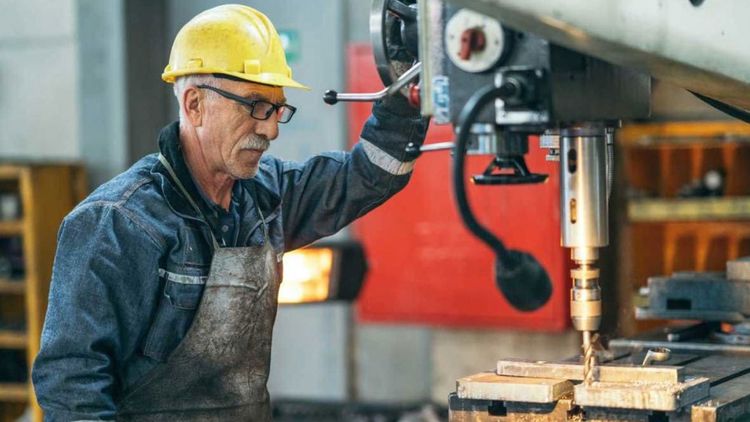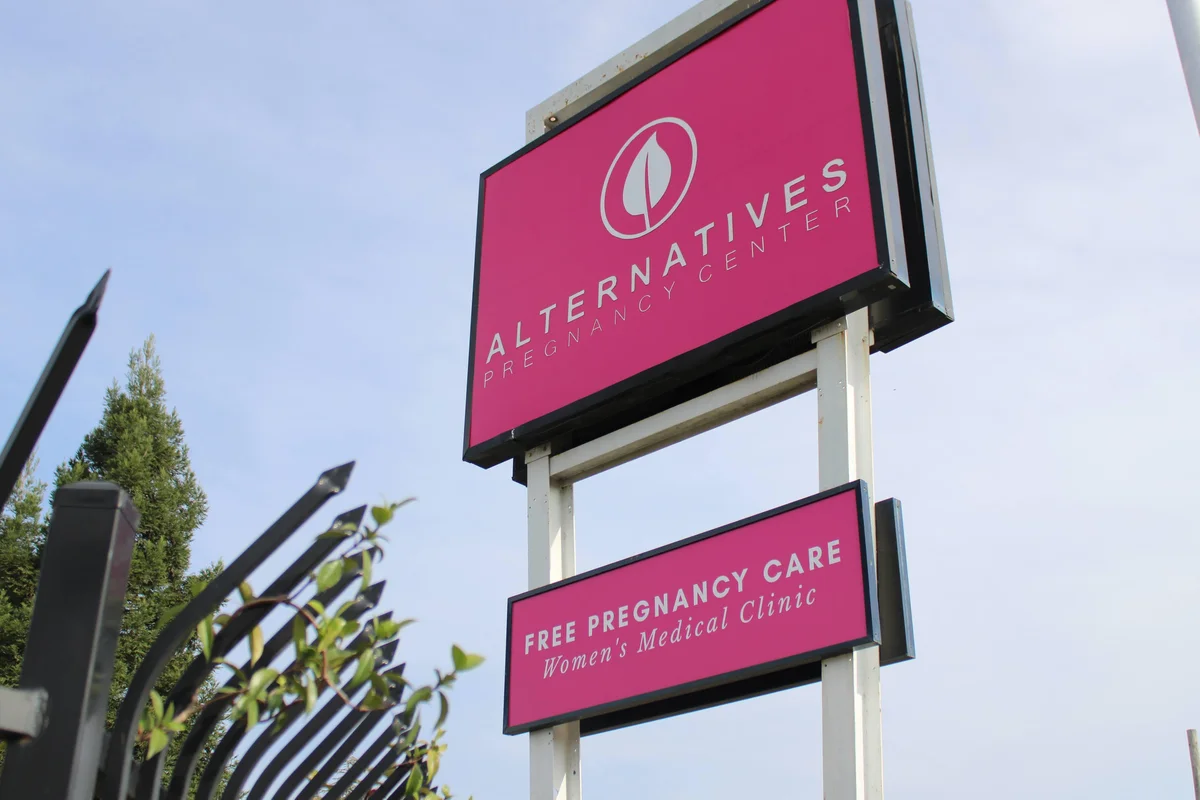Copyright 9news

New research has shed a light on the hurdles facing older Australian job seekers amid a tightening labour market. This month Australian Bureau of Statistics (ABS) figures revealed the country's unemployment rate had reached a four-year high of 4.5 per cent. Accounting software company Reckon has crunched the data to reveal the challenges facing job seekers across every age group. READ MORE: Jamie wanted a job at Woolies. He claims he was rejected after two AI interviews About one in seven people across all age groups looking for work say there are too many applicants for too few roles, with employers flooded by resumes, the study showed. But Australians aged 55 and above face a major obstacle in the form of being perceived too old for the job by prospective employers. Their personal health issues and having to care for elderly family members were also holding them back from seeking a job, or forcing them to quit one. For those aged 64 and over, 44 per cent were considered too old to perform the role, while employers regarded 21 per cent of job seekers in the 55 to 64 years age bracket as past it. Personal health issues impacted 26 per cent of those above 65 and 20 per cent aged 55 to 64. Responsibilities for older relatives are also increasing for people in their mid-fifties and sixties, reflecting an ageing population. READ MORE: Ten face trial accused of cyberbullying French president's wife Top 20 Aussie jobs that pay over $150,000 revealedView Gallery The research showed shifting retirement patterns amid a tight labour market were pitting younger and older generations against each other in the hunt for jobs. For those aged in their late forties and early fifties, fewer people are retiring, though women remain more likely than men to step away from work. Among 55 to 64-year-olds, retirement is also declining, with women again more likely than men to retire. Beyond 65, retirement remains common, but more people are continuing to work past traditional retirement age, particularly men, reflecting changing financial needs, longer life expectancy, and changing attitudes towards work later in life. But there are concerns employer bias is blocking many skilled people from employment that is essential to the national economy. "With retirement ages creeping higher, we can't afford to sideline people who still have plenty to offer," said Reckon general manager Alex Alexandrou. "If we can get better at supporting both early careers and later careers, we'll build a stronger, fairer workforce that makes the most of every generation." Sign up here to receive our daily newsletters and breaking news alerts, sent straight to your inbox.



